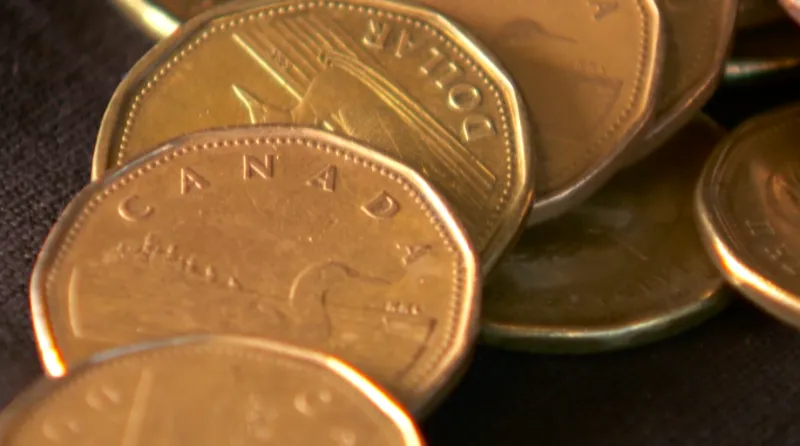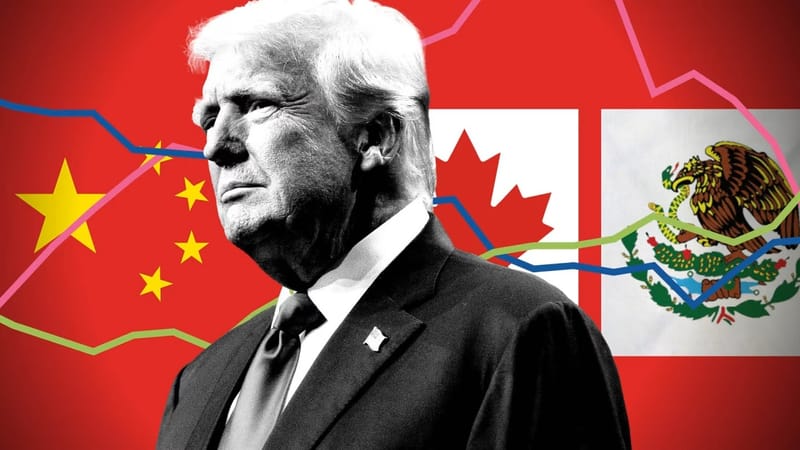Canada's inflation rate edges down to 1.9%
Rate was at 2% in October
Canada’s annual inflation rate decreased to 1.9% in November, with the slowdown in price growth largely attributed to reduced mortgage interest costs and more affordable travel tours, according to Statistics Canada.
Inflation decreased across most categories. Grocery prices rose by 2.6% compared to the same period last year, though they remain high, having increased by 19.6% since November 2021.
While the headline inflation rate aligned with the Bank of Canada's target of 2% in September, the central bank’s preferred core inflation measures are still running above that target, with the CPI-median at 2.6% and CPI-trim at 2.7% in November.
BMO's chief economist, Douglas Porter, stated that this report suggests the Bank of Canada is likely to adopt a more gradual approach to rate cuts as 2025 approaches. He noted that although a rate cut is expected in the Bank's January 29 meeting, further core readings could raise discussions about pausing cuts, especially given the U.S. Federal Reserve's anticipated actions in January and the Canadian dollar's current performance.
Regarding housing, shelter prices increased at a slower pace of 4.6% year-over-year in November. Mortgage interest costs continued their slowdown for the 15th consecutive month, while rental prices increased by 7.7% compared to the same time last year, up from 7.3% in October. Ontario, Manitoba, and Nova Scotia saw the most significant impacts.
Gas prices fell by 0.5% in November, although the year-over-year drop was smaller due to a base-year effect—the comparison of current prices with the same month from the previous year. Excluding gasoline, overall inflation rose by 2% in November.
Discounts linked to Black Friday promotions helped bring prices down in some categories, particularly in household operations, furnishings, equipment, and clothing and footwear. Cell service prices, for example, decreased by 6.1%. The monthly decrease in children’s clothing was the largest ever recorded in November.
CIBC’s senior economist, Andrew Grantham, pointed out that determining the underlying inflation trend will be challenging in the coming months, with December’s figures influenced by the start of a GST holiday for certain goods and services. The reinstatement of the tax in mid-February is expected to provide a temporary boost to inflation figures, although the Bank of Canada’s core inflation measures may not be as impacted. Grantham also emphasized that the Bank’s assessment of economic slack, particularly employment data, will play a crucial role in shaping future policy decisions.







